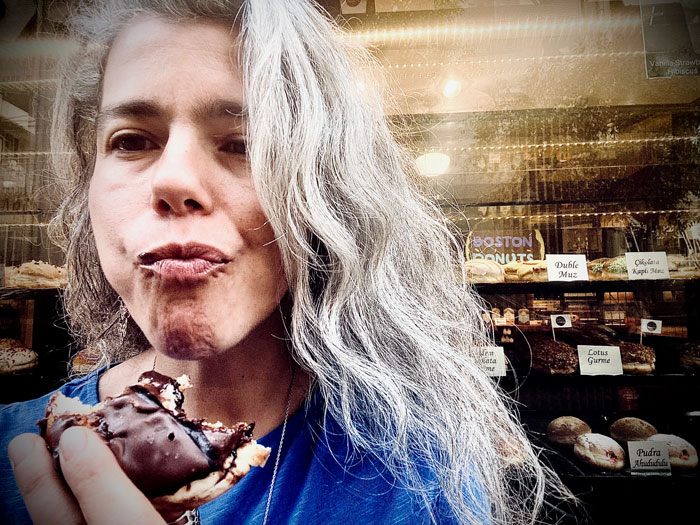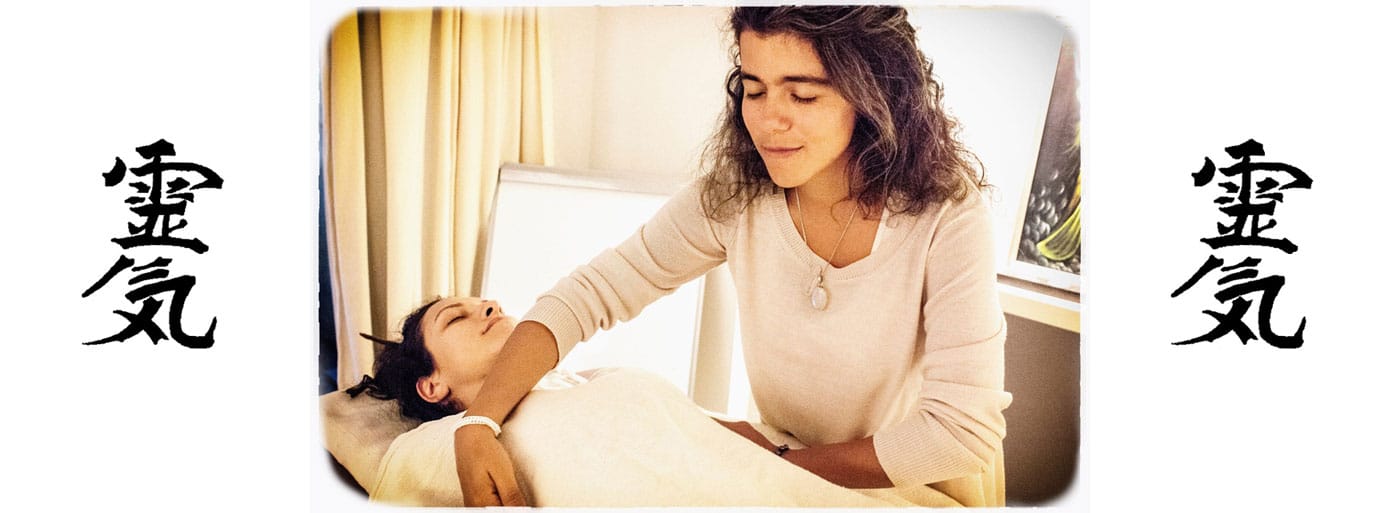
İçindekiler
ToggleAddiction – How Does It Manifest in Our Lives?
When we speak of addiction, the first things that usually come to mind are alcoholism, heroin, or drug dependency. However, addiction is a much broader concept that goes far beyond these and permeates every area of life.
This is why addiction is not limited to substance use; it is a mental and emotional pattern that can show up in different aspects of our daily lives.
Over the past few years, through both my personal journey and the observations I’ve made around me, I’ve developed a deep awareness on this topic.
What Exactly Is Addiction?
Addiction is the repetition of a behavior despite knowing it causes harm. This can take many forms—from unhealthy relationships to substance use and sugar addiction. Although sugar addiction may seem harmless, it may lie at the root of many illnesses such as Alzheimer’s and dementia, which are rapidly increasing today.
What Is the Root of Addiction?
Just like many physical and emotional conditions, the root of addiction is often a lack of love. Especially individuals who weren’t nourished enough with maternal affection in childhood carry a deep inner wound. Even as the years go by, this wound can remain unhealed, and in trying to fill the emptiness it causes, the person may develop addictions.
Sometimes this manifests as substance dependency, and other times as sugar consumption that brings temporary relief—or as repeated traumatic relationships that actually reflect the same wound. (Related article: The Mother Wound)
My Addiction and Nutrition Experience: Eating Disorder and Sugar Addiction
From my personal experience, the addiction I’ve most often confronted has been an eating disorder, more specifically, sugar addiction. This includes not only sugary pastries and packaged foods but also complex carbohydrates like pasta, rice, and bread, which quickly convert to sugar in the body.
The eating disorder I went through was deeply connected to a long-standing sugar addiction.
Why Sugar Addiction Is Hard to Detect
Sugar addiction is one of the most common yet least recognized types of eating disorders. It’s very difficult to recognize and admit food-related addictions to oneself. While it’s undeniable that we need to eat to survive, the boundaries of what and how much to eat are not clearly defined—so making healthy decisions is entirely up to us.
Drug addiction, on the other hand, is easier to detect. We can generally agree that no drug is truly beneficial, which often makes it easier to seek help.
However, due to a lack of sufficient information and awareness in society about sugar addiction, this type of dependency is often overlooked. People tend to take the easy route with encouraging phrases like “Just this once,” or “You’ll stop tomorrow.” A deeply rooted sugar addiction can remain hidden inside us for years. And because the damage it causes progresses more slowly than many drugs, it can be much harder to notice.
Reward Mechanisms and Emotional Hunger
When we’re faced with situations that are difficult to handle, we sometimes create reward mechanisms for ourselves. Emotional shocks like relationship conflicts and breakups, or tasks we feel are nearly impossible—due to our lack of self-confidence—like assignments we must complete or exams we need to study for, all make us confront our emotional hunger.
We make these tasks feel so overwhelming and tighten ourselves up so much that we start to believe only the energy from that cake or those cookies can help us cope. But every discomfort we feel in those moments actually comes from a deeply rooted insecurity: Will I be able to do it? Will I succeed? That insecurity is really the absence of a secure, flowing love we didn’t receive in childhood. Whenever we start something that requires us to succeed, we’re forced to face that wound. We feel pressure inside and want to numb the pain.
In these moments, we convince ourselves that only the “energy” from a dessert can motivate us. Yet this urge stems from the belief that I’m not enough. I won’t succeed. And that belief is often a reflection of emotional hunger born from a lack of support in childhood.
By rewarding ourselves, we feel like we’re finally being supported. The validation we long for turns into a temporary high from sugar, creating a momentary feeling of self-worth.
Were you ever encouraged as a child to do the things you loved? Were you supported with love to stretch your potential a little further? Were you ever told “Well done”? Regardless of the outcome, was it ever said that what matters most is the journey you go through when doing the things that inspire you?
So, What Can We Do?
First, we need to trust our body and soul. The body is a perfect mechanism that can tell us what it needs. But we can only hear it once we begin to release our addictions. The best way to achieve this is through fasting. Only then can we reach a clean level of communication, where we’re no longer consumed by our addictions and can hear the calm voice of our spirit and body.
I recommend regular exercise, intermittent fasting, and water fasting. I also suggest checking out the content of Dr. Eric Berg, who shares short, easy-to-understand videos on these topics and on health and nutrition in general (Dr. Berg YouTube channel).
From both his information and my own experience, I’ve learned that we benefit far more from fat-based nutrition than from sugar. Here, I’m referring specifically to animal fats.
Why Is Fat-Based Nutrition Important?
Fat-based nutrition is an approach that aims to provide energy through animal fats and proteins; it helps regulate fluctuations in blood sugar levels.
Fats are the most essential source of energy for our brain and cells. Animal fats and proteins especially offer mental clarity, focus, tissue repair, and lasting energy. A sugar-based diet, on the other hand, causes energy spikes and crashes that trap us in a vicious cycle.
If fat is missing in our diet, our energy can drop, and we get stuck in a cycle of constantly consuming sugar to try to gain energy and strength again.
Idealized Identities and Food Choices
I ate vegan for a long time. During that time, I believed it worked for me. But when my digestive issues worsened, I began searching for something new. I now eat mostly ketogenic.
Ketogenic nutrition is a low-carb, high-fat eating style that encourages the body to produce energy from fat instead of sugar. This diet induces a metabolic state called ketosis, which enhances fat burning and boosts mental clarity.
The idea of harming animals has always disturbed me, which is why I chose not to eat animal products for many years. But eventually I realized that my being, my body, no longer supported that ideal. I needed animal-based nourishment. Once I accepted that, the ideal I had imposed on myself began to dissolve.
My thoughts on survival, balance, and health in this world are evolving. I no longer see myself as superior to the carnivorous beings living in this wild system. I now understand that during my time as a vegan, I had unknowingly carried a silent pride—one that tried to rival God.
I am grateful to Mother Earth for the plants and animals she offers. I always begin eating with gratitude. When choosing animal products, I prefer sources that are in line with ethical farming practices, where the animals lived in good conditions and were treated with minimal stress. I love animals, but I also love people. And I love myself—and I now choose to nourish myself with the foods I truly need to be healthy.
Our First Food: Breast Milk
This first contact shapes both our physical and emotional relationship with food.
From the moment we’re born, our most essential need—nutrition—is ideally first met by our mother, through breast milk. This milk contains the most ideal composition for a baby’s needs. If, for various reasons, this process did not happen, it means we carry the wound of not having formed that special bond between mother and child during breastfeeding.
This may have left behind a sense of hunger, dissatisfaction, and restlessness. Because breastfeeding is not just about nourishment—it’s about the baby feeling loved, protected, and safe. It strengthens the bond with the mother and provides a peaceful experience of feeding and fulfillment.
Breast milk is not only the first physical nourishment, but also the first step toward emotional satisfaction. If that special bond during breastfeeding is missing, the tendency to compensate for emotional hunger in later years may increase. The person may go through life with a constant sense of inner unrest and incompleteness.
Inherited Eating Patterns
Children imitate whatever they see and feel at home—especially from their mothers. They remain in a close emotional relationship with her, still feeling like a part of her, empathizing with her emotions and needs. Even in the womb, babies can sense what their mothers eat or crave. This bond continues after birth. Both environmentally and energetically, it may take many years to separate ourselves from our mothers. It’s very likely that we repeat their same habits.
A food becomes recorded in our memory along with the setting in which we first tasted it—the emotional state we were in and who was with us. Craving that food again often means craving the emotions we experienced with it.
The emotional context of the moment when we first tasted the foods our mothers gave us is stored as the love we received. And later in life, this defines our longing for those foods.
Healing Addiction and Supporting Detox with Reiki
The journey of healing with Reiki allows us to reach the root of our addictions and dissolve them with compassion. It touches the deep imprints in our emotional body and heals the lack of love we experienced there.
At the same time, Reiki also supports the body physiologically; it accelerates detox processes, balances energy flow, and enhances the body’s natural cleansing capacity by resolving blockages in the energy bodies.
In this way, our inner void is no longer filled with unhealthy habits, but with compassion, awareness, and self-worth. Releasing addiction with Reiki opens the door to a sustainable transformation.
Releasing addiction with Reiki is not just about quitting habits—it’s about healing the emotional hunger within us through love.
Feel free to contact me anytime to learn more about my Reiki sessions or
to book a time that suits you best.
These services are not a substitute for medical treatment. For more details, please refer to our Legal Disclaimer page.



